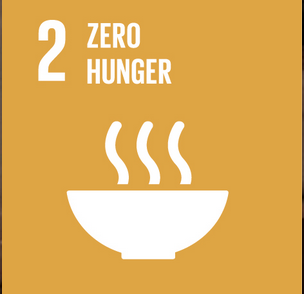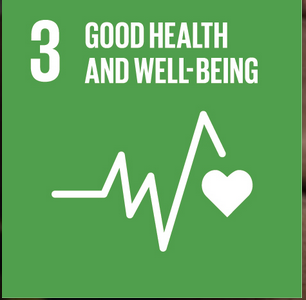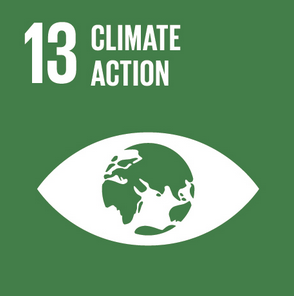To gain and share experiences with this innovative educational concept, EURIDICE partners have implemented a series of pilots for the Collaboratorium. This consists of a number of master research projects which started in January 2024. All projects embody the societally-oriented ambitions of learning for societal impact.
All Digital Society & Global Citizenship projects can be related to one or more of the Sustainable Development Goals. The idea is to co-design and build digital, socio-technical solutions for real world problems, experienced and formulated together with partners in the Global South.



EURIDICE partner VU Amsterdam, in collaboration with the consortium partners UDS, UNIMAS, and the SMEs Babafla, SBC4D and AKMC, are co-supervising a number of societally oriented, challenge-based master research projects, related to food security, health and wellbeing, and interventions to adapt to climate change.
These interdisciplinary projects are part of an existing 2 year Computer Science master curriculum, or an existing 2 year Artificial Intelligence master curriculum or a 1 year Information Science master curriculum. The student projects are designed as pilot projects, according to the EURIDICE educational principles of the Collaboratorium. The projects started 1 January 2024 and will be completed by 31 August 2024.
Mobile technology for maternal health care: Bridging the gap between skilled and traditional birth attendants in northern Ghana. An Information Science master research project by Farah van den Berg – (Vrije Universiteit Amsterdam) resource person Gideon Ali (UDS) January 2024. Read more…
Computational models to detect stereotyping of Muslims in Norwegian Media – An AI master research project by Fatima Ahmad (Vrije Universiteit Amsterdam). June 2023 – June 2024. Read more….
Natural Gradient Boosting: Can AI Predict state-based Conflicts?- A Computer Science master research project by Oleksandr Zakotianskyi, (Vrije Universiteit Amsterdam). June 2023 – June 2024.
An Opportunity for Reducing Gaps in Access to Health: The Case of Bedouins in the Northern Negev Region. Information Science master research project by Ohad Daniel – (Vrije Universiteit Amsterdam) January – June 2024. Read more…
Designing digital technologies to support sustainable business of tree products by women cooperatives in Burkina Faso. Computer Science master research by Marie-Lou David – (Vrije Universiteit Amsterdam), co-supervision AKMC, SBC4D January – June 2024. Read more…
Combining satellite and local rain gauge data to improve weather forecast for local smallholder farmers in the African Sahel. A Computer Science master research project by Tom Siebring – supervision (Vrije Universiteit Amsterdam), January 2024, in collaboration with UPEC, Université Paris-Est Créteil and Babafla. Read more..
Deep Learning for Automated Crop Disease and Pest Detection: An Image-Based Diagnostic System. A Challenge-based Computer Science master thesis project by Ling Jin, Vrije Universiteit Amsterdam, January -June 2024, (Vrije Universiteit Amsterdam). Read more…
Empowering Afghan Refugees in Iran: Harnessing ICT4D to Overcome Challenges and Foster Integration – Computer Science master research project by Saman Khodadadi October 2023 – May 2024. Vrije Universiteit Amsterdam.
Building Resilience Against Climate-Induced Flooding in India: Harnassing ICT for Disaster Relief – master research project Adithya Vasisth January – August 2024 (Vrije Universiteit Amsterdam). Read more…
Chatbots and how to improve the user experience An Information Science project by Sachira Ţînţar – (Vrije Universiteit Amsterdam), January 2024. Read more….
User-perspectives on digital privacy in sub-Sahara Africa – An Information Science project by Mehmet Çetin (Vrije Universiteit Amsterdam) – January- June 2024. Read more...